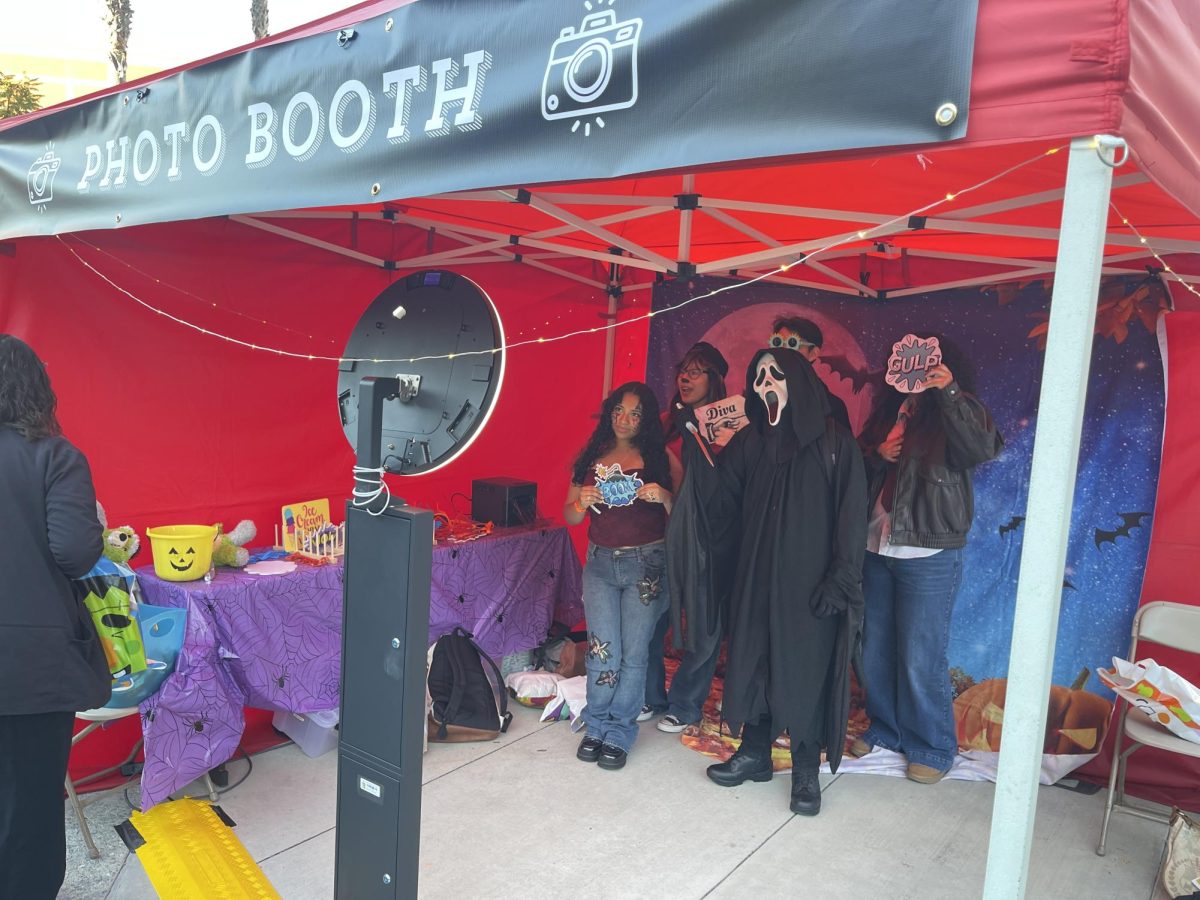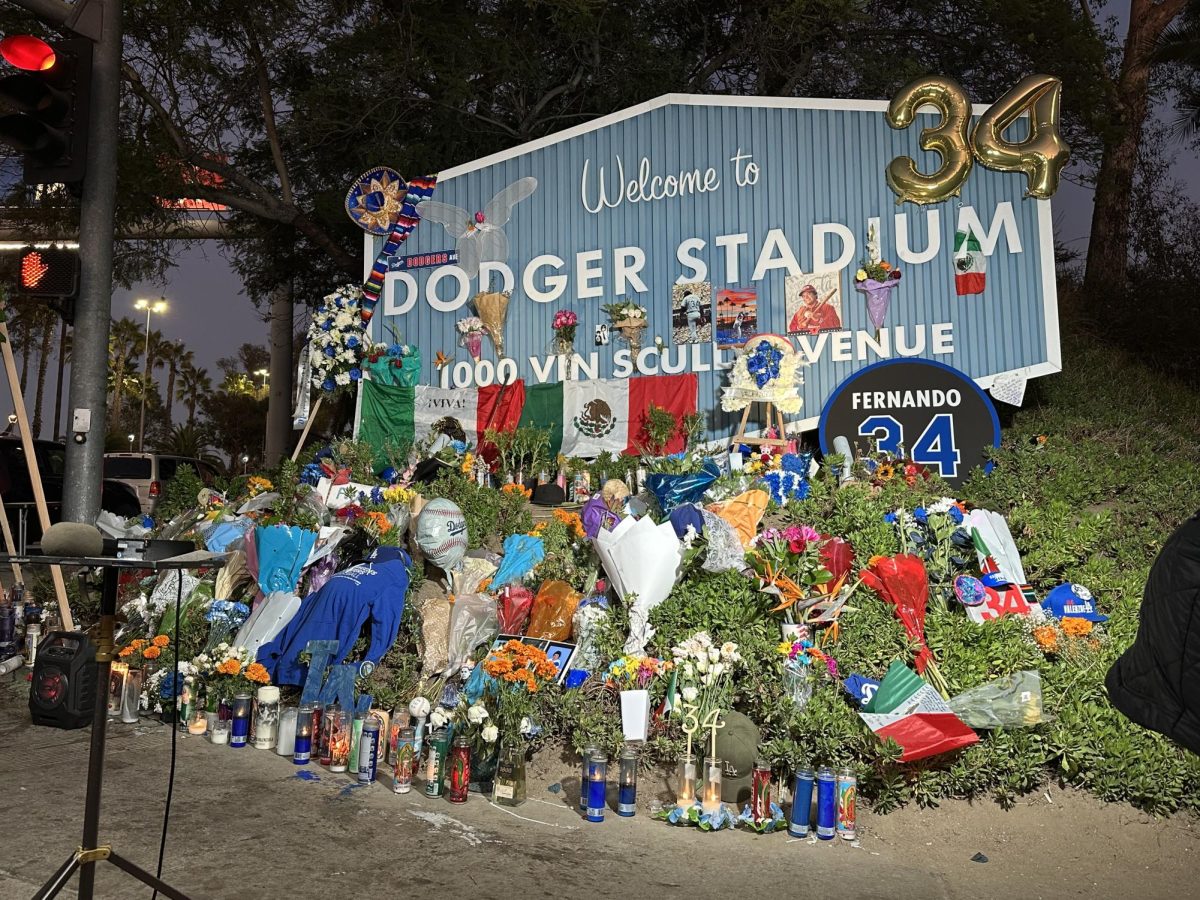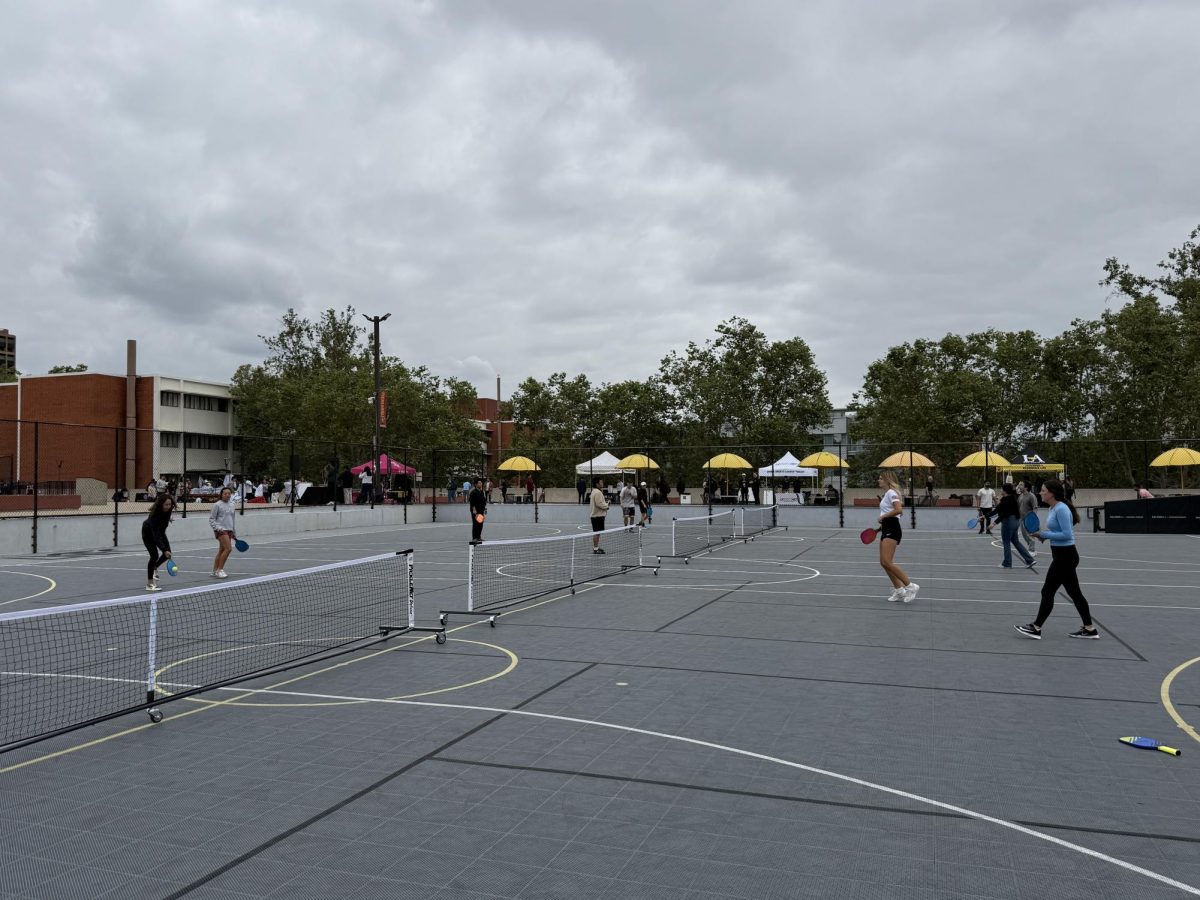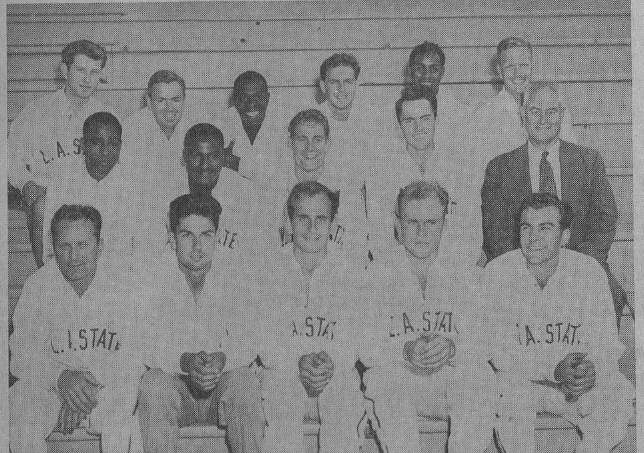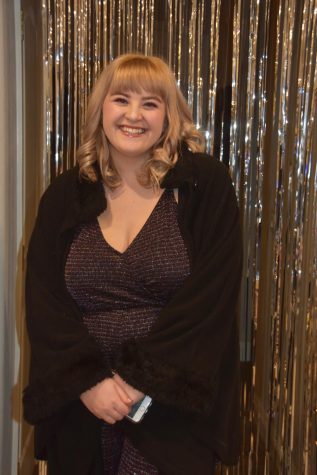Known for its examination of the AIDS epidemic during the 1980s, Pulitzer Award winning play, “Angels in America, Part One: Millennium Approaches,” was performed by Cal State Students in the campus’s Intimate Theatre.
Audience members were taken back to 1985, “the period of discovery,” when AIDS was practically a death sentence in both the physical and social realm.
According to the U.S Centers for Disease Control and Prevention (CDC), in 1985, the average life expectancy of AIDS patients was 15 months after diagnosis. The CDC also reported, in that same year, there were around 7,000 AIDS-related deaths.
Some cast members considered the night to be bittersweet.
Adam Ferguson, fine arts graduate student who played a leading role, stated, “I’ve been meeting with the theatre department for about a year now wanting to get this show done.”
“It’s been an amazing experience and to be able to tell the story. Every night has been life-changing and exhausting… I’m ready to get some sleep. It’s sad that it’s coming to an end,” he added.
Ferguson described to the UT his character, Prior Walter, as a down-on-his-luck man battling AIDS and lost his long-term boyfriend as a result.
In the early days of the AIDS crisis, various theories surrounded how AIDS spread, causing people who lived with AIDS to die a social death. This meant loved ones abandoning them, similar to what Prior faced.
Jeremiah Ripley, a graduate student who played the character, Louis Ironson, a gay, Jewishman said, “It’s a sad thing because Prior is the love of his life, but in the end he has sort of a self-fulfilling prophecy…not [being] there for his lover and partner.”
Breaking Prior’s heart on stage for the last time, Ripley expressed a feeling of “sadness and relief.”
“Overall, I’m really proud. Mostly, that we got to bring this story… to Cal State LA because [it] still holds up and really resonates with the audience even in 2019,” added Ripley.
Dane Gbrayes, a junior and a Theatre student, came to see the play twice and called it “fabulous, amazing and orgasmic.”
“It’s the idea of love and acceptance, even though things are crazy. In that craziness, there is truth, love and life in it. It’s universal, everyone can relate to it,” said Gbrayes.
The next play the Department of Theatre and Dance will be hosting is Adrienne Kennedy’s “Funnyhouse of a Negro.” It will be showing at King Hall in studio 5108 on Oct. 31 to Nov. 9.






